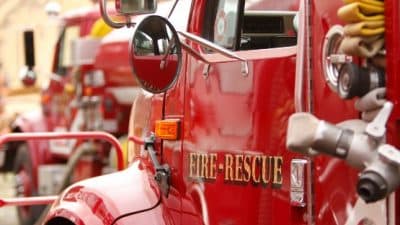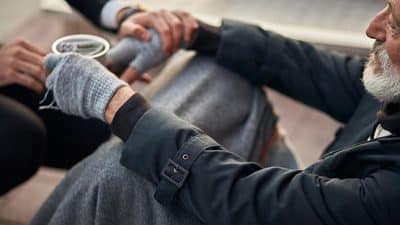
Does the company you work for take your safety seriously? Or do they have policies in place that get ignored because they’re too inconvenient to implement?
Businesses exist to make money, but that doesn’t mean a business owner should be focused on profits at all costs. While not every business owner puts safety on the backburner, some do. Unfortunately, in some industries, the result of not prioritizing safety can be deadly.
What does a safe job look like?
There are no guarantees in life, and no job is perfectly safe. However, a majority of common workplace accidents can be prevented by implementing proper safety protocols. For example, common injuries in the retail industry include being struck by objects, slips, trips, falls, cuts, and hearing loss. Most retail businesses have safety policies in place to prevent these injuries. For example:
- Slips and falls are preventable by requiring spills to be guarded until someone can bring the right tools to clean it up.
- Hearing loss is preventable by requiring the use of high-quality ear plugs while using loud tools.
- Cuts are preventable by teaching employees to cut away from their bodies.
These safety policies are only effective when enforced by all supervisors and managers. A safe job is one that enforces the safety policies they have in place.
Safety equipment has the potential to fail
In the construction industry, employers are required to provide all safety equipment like harnesses, hard hats, and gloves. However, it’s up to workers to use their safety equipment properly. Some workers are injured when they forego the use of safety equipment, and sometimes injury is the result of defective equipment.
Workers who intentionally don’t follow safety protocols are a liability to the company. When a worker refuses to use proper safety equipment, they can still recover compensation for their injuries.
Injuries aren’t always immediately noticeable. For example, there are 12,000 work-related lung diseases deaths every year that occur from past exposure to toxins like asbestos. Each year, 18,000 people report the onset of breathing problems. If your employer allows you to be exposed to asbestos without proper protection and doesn’t consider the long-term effects of exposure, your job isn’t safe.
Providing safety equipment to workers is a start, but it isn’t enough. Policies need to be in place, those policies need to be enforced, and workers need a good reason to follow them. For instance, violating safety protocols should result in some kind of write-up or penalty that deters employees from risking it.
You can sue for injuries, but it’s a hard road
If you’re working a job that prioritizes profits over your safety, you can sue your employer for injuries sustained due to their negligence. However, that’s a long and hard road. It’s easier to not put yourself at risk and work for a company that takes your safety seriously.
Working in food service isn’t the easy way out
When considering jobs that aren’t high risk, you might think food service is the safest option. Data from the U.S. Bureau of Labor Statistics says otherwise. According to a 2018 release, there were 2.9 million non-fatal workplace injuries reported in 2015. Ninety-seven percent (2.8 million) reported injuries occurred in the service industry including restaurants, bars, and coffee shops.
Are any occupations safer than others?
While the nature of some jobs makes them less risky than other jobs, ultimately, job safety depends on the safety protocols in place and how strictly they’re enforced. The best safety protocols won’t prevent injury if they’re not followed.
Look for a job with a company that prioritizes your safety. Before accepting a job offer, talk to existing employees to find out how much their safety is valued. You may not be able to get information on the exact safety protocols, but if people are being unnecessarily injured, employees will tell you right away.
Look into a company’s history before signing on with them. Find out if they’ve had personal injury lawsuits filed against them, and what the results were. Steer clear of companies with court case outcomes that indicate the employer was negligent.
Everyone needs a solid paycheck to survive, but no amount of money is worth risking your life.










